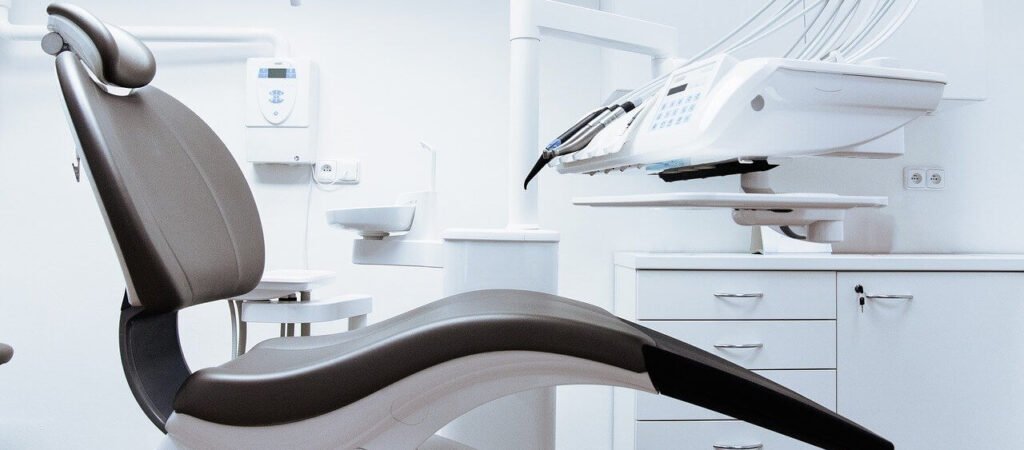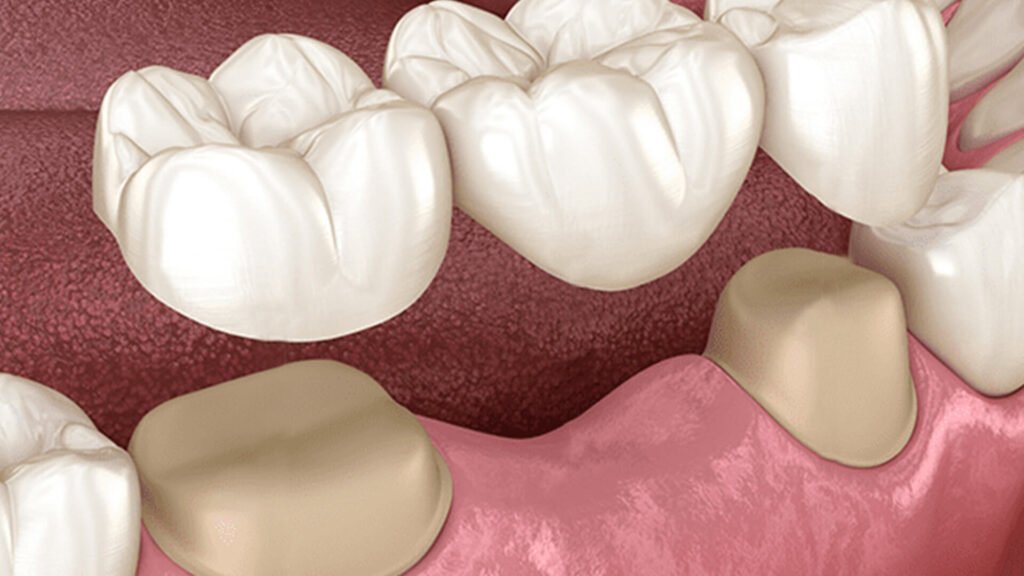Dentistry appliances can be pretty confusing for a lot of reasons. Do you need an implant, a root canal, a bridge, dentures, or braces? Dental bridges and partial dentures are often mistaken to have the same function. While they are similar in what they do, bridges have some very distinct benefits over dentures and they may be a better fit for your teeth.
Dental Bridges Vs. Partial Dentures – What’s The Difference?

Dental Bridges – The Pros
Dental bridges have quite a few benefits over dentures here are some of them:
- Permanent fixtures – Once a bridge is fitted into your mouth generally you can forget about it being there, (besides some extra cleaning).
- Less chance at cavities – There is still some of your original tooth with a bridge so you will have to remember to clean them, but the appliance will cover a lot of it. You also won’t be taking it out of your mouth so there’s less chance of bringing bacteria into your mouth.
- You can’t lose them – Since you can’t take them out of your mouth, there’s no chance of losing your appliance. If you take out your dentures there’s a chance you could put them somewhere and forget where you put them.
- Less chance of wrecking them – Bridges are very strong, and as long as the adhesive stays effective, they won’t break. Dentures can be broken, especially once they’re out of your mouth.
Partial Dentures – The Pros
- Removable – You can take them out for cleaning, or other activities.
- Easier to clean – They can be easier to clean since you can remove them and wash them separately.
- No surgery – If you have serious dental anxiety, then they may be a better option as they don’t require surgery.
- Can be cheaper – Partial dentures can start at around $700, bridges generally start at around $1,500.
Dental Bridges Vs. Partial Dentures – Which is better?
You will have to pay extra attention to the cleanliness of the bridge since the gums and teeth can get infected with bacteria. However, this can also be considered a benefit of the bridge since you will be cleaning your teeth more intently on a more regular basis (hopefully, if you’re not doing that already).
If you’re still confused or concerned on which solution will be better for you situation, please consult your dentist, they will have a much better idea of what will be best for you.


